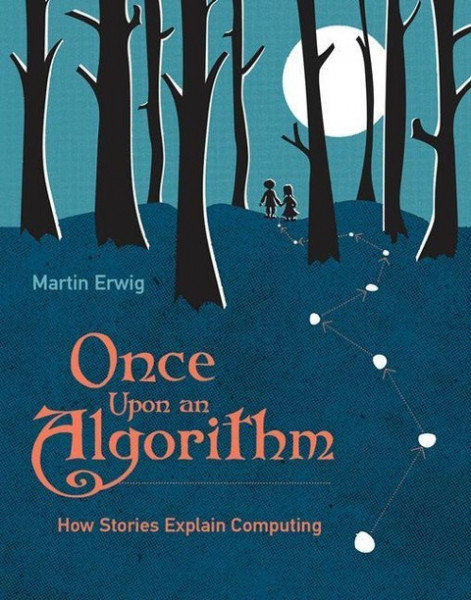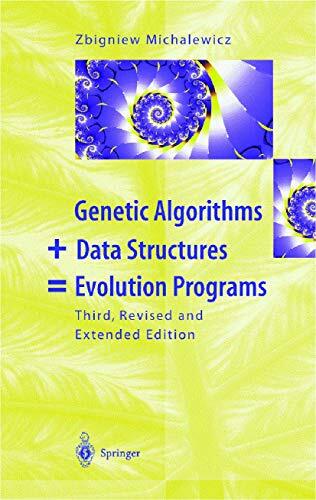
Once Upon an Algorithm
Kurzinformation
inkl. MwSt. Versandinformationen
Artikel zZt. nicht lieferbar
Artikel zZt. nicht lieferbar

Beschreibung
How Hansel and Gretel, Sherlock Holmes, the movie Groundhog Day, Harry Potter, and other familiar stories illustrate the concepts of computing.Picture a computer scientist, staring at a screen and clicking away frantically on a keyboard, hacking into a system, or perhaps developing an app. Now delete that picture. In Once Upon an Algorithm, Martin Erwig explains computation as something that takes place beyond electronic computers, and computer science as the study of systematic problem solving. Erwig points out that many daily activities involve problem solving. Getting up in the morning, for example: You get up, take a shower, get dressed, eat breakfast. This simple daily routine solves a recurring problem through a series of well-defined steps. In computer science, such a routine is called an algorithm. Erwig illustrates a series of concepts in computing with examples from daily life and familiar stories. Hansel and Gretel, for example, execute an algorithm to get home from the forest. The movie Groundhog Day illustrates the problem of unsolvability; Sherlock Holmes manipulates data structures when solving a crime; the magic in Harry Potter's world is understood through types and abstraction; and Indiana Jones demonstrates the complexity of searching. Along the way, Erwig also discusses representations and different ways to organize data; "intractable" problems; language, syntax, and ambiguity; control structures, loops, and the halting problem; different forms of recursion; and rules for finding errors in algorithms. This engaging book explains computation accessibly and shows its relevance to daily life. Something to think about next time we execute the algorithm of getting up in the morning. von Erwig, Martin
Produktdetails

So garantieren wir Dir zu jeder Zeit Premiumqualität.

- Hardcover
- 722 Seiten
- John Wiley & Sons

- Kartoniert
- 992 Seiten
- Erschienen 2014
- Pearson Studium

- paperback
- 133 Seiten
- Erschienen 2023
- Independently published

- Kartoniert
- 408 Seiten
- Erschienen 2003
- Springer

- Kartoniert
- 295 Seiten
- Erschienen 2014
- Apress

- Gebunden
- 387 Seiten
- Erschienen 1998
- Springer

























![数据结构与算法分析——C语言描述(原书第2版)典藏版*9787111621959 [美]马克·艾伦·维斯(Mark Allen Weiss) 数据结构与算法分析——C语言描述(原书第2版)典藏版*9787111621959 [美]马克·艾伦·维斯(Mark Allen Weiss)](https://d3k2uuz9r025mk.cloudfront.net/media/image/58/41/b3/1752743844_767593677118.jpg)













